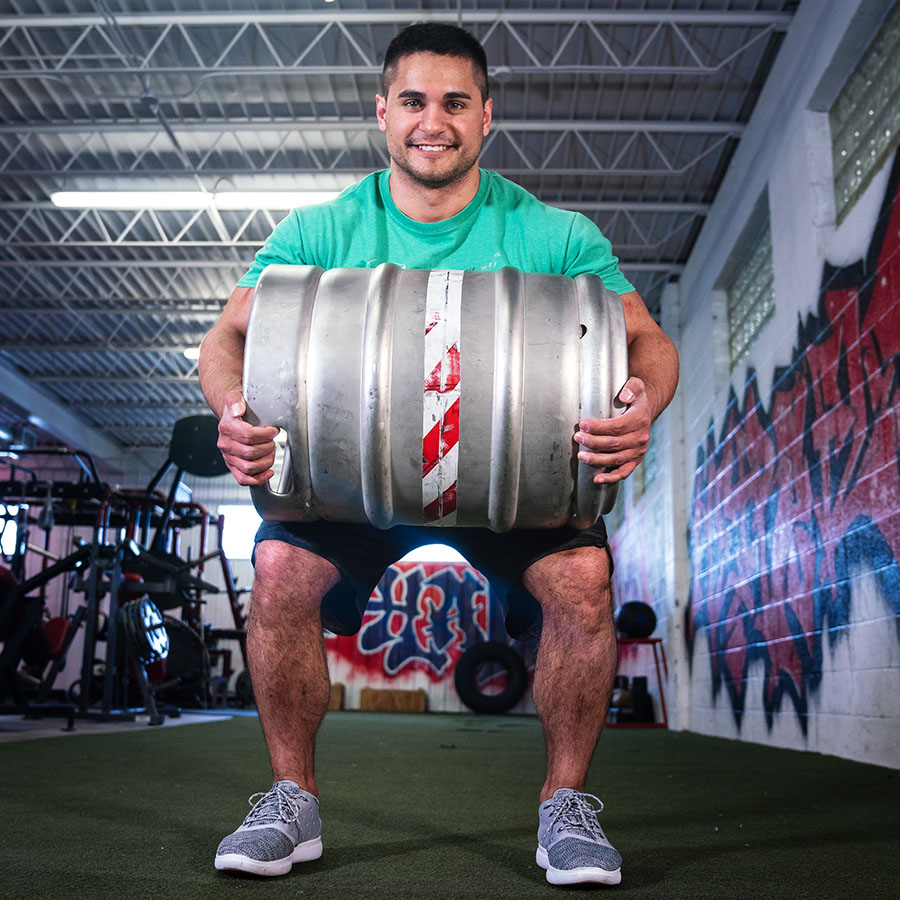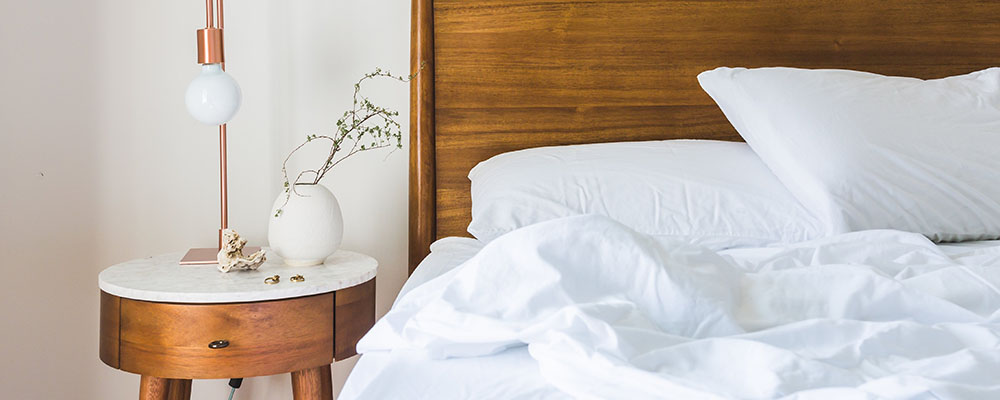We all have heard that it is essential to get 8 hours of sleep each day. This fact can vary based on an individual’s needs. Some people will need more than 8 hours of sleep while others will need less. None the less 8 hours of sleep daily is a common baseline we know. If this is a guideline given to the general public, imagine the effect sleep has on active individuals.
Sleep has mental benefits such as improved memory, mood, focus, and the ability to learn. These are especially important for students as well as adults being efficient in their careers. Add the physical demands of exercise on top of daily life stress; you may be looking at needing more sleep than the average person.
Does a lack of sleep effect performance?
Lack of sleep can impact the ability to build muscle, gym performance, and cognition. Consecutive days of limited rest can cause our body to use more muscle proteins instead of fat storages for fuel. This is not good for those trying to improve their body composition. Gym performance will suffer from poor endurance and maximal power output. The brain will struggle with storing information long term and short-term information as well as recalling previous information known.
Once you add up all these factors, it is easy to understand why sleep is essential. Getting consistent sleep may not always be easy. Some days you will have troubles falling asleep. Other days life will get busy, and you need to stay up late. Either way here are a few tips to optimizing sleep so you can improve your overall quality of life and the gains you want to see in the gym.
Building a healthy sleep routine
The first step is to set a consistent time to go to bed. Creating a bedtime ritual away from electronics and intense activities is needed. Reading a book, meditating, or running a hot bath before bed will help you fall to sleep on time.
Next, you will need to find out how many hours of sleep you need until your body wakes up naturally. Once you figured out if its 6 hours or 9 hours, plan your bedtime accordingly so you can wake up on time for work or school. For example, if you have work at 8:00 A.M. and you are waking up naturally after 9 hours of sleep then going to bed at 9:00 P.M. or 10:00 P.M. will be necessary for allowing enough time to prepare for the day.
The last tip seems a bit counter-intuitive. Make sure you wake up at the same time each day even if you spent the night out with friends until 3:00 A.M. This will keep some rhythm to the body. Instead of sleeping in go to bed earlier to make up the sleep that had been lost.
Sleep is important. Without adequate amounts, we could not function to our full potential. Set weekly goals for the amount of sleep you can perform optimally on. Set a minimum number of 7 hours a day or 49 hours of sleep weekly. For those that need more, it could be 50+ hours per week. During the work week, you may go to bed early getting 9 hours of sleeping totaling 45 hours of sleep in 5 days. This would make up for lost rest if staying up until 3:00 A.M. is a common theme Friday and Saturday nights.
Make sleep a priority, and you will see how quickly your quality of life will improve. Find what works within your schedule that meets your sleep requirements. And lastly, don’t stress over one miserable night of sleep. Just be consistent.


Eric Breker
Two things that sum up the majority of who am: Strongman & Gamer. Growing up I was heavily influenced by my oldest brother, Tyrone. One of my earliest memories was going to the high school weight room and hanging out with him. The other is when he brought home the first Nintendo console. Since then exercise and gaming have been passions of mine.




